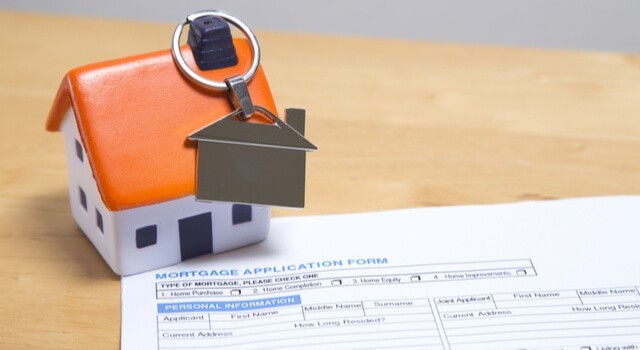The five-year timescale applies to unsecured debt such as credit cards and personal loans, but what about other types of debt?
Here is a short breakdown for statute barring:
- Mortgage arrears (capital): 20 years
- Mortgage arrears (interest): five years
- Council Tax and overpayments of Social Security Benefit: 20 years
- Income tax and VAT: no time limits
Can your creditor chase you for payment of the debt, once it is statute barred?
Your creditor cannot chase you for payment once it is statute barred. This is an important part of the legislation, as once a debt has been statute barred you are protected from harassment or any other contact from the creditor. You cannot be pursued through the courts, as the debt is deemed to have either been abandoned or repaid.
An issue can arise, however, if your creditor hires a debt collection agency in an attempt to collect their debt, or continues to pursue you for the money themselves. Seeking the guidance of a professional advisor should be your first step, to make sure that the correct letter format is used.





